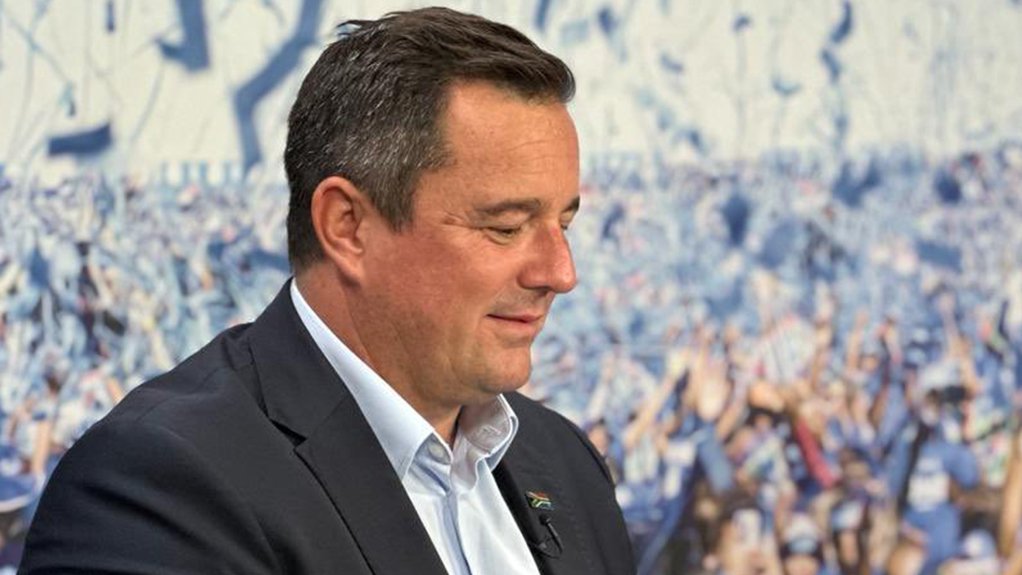In addressing delegates of a ministerial meeting of the Group of Twenty (G20) Task Force, in Brazil, this week on behalf of South Africa, newly elected Agriculture Minister John Steenhuisen congratulated the South American country on its efforts to fight food insecurity and malnutrition.
He referred to the establishment of the Task Force for a Global Alliance against Hunger and Poverty that was proposed by Brazil’s G20 presidency.
The alliance aims to gather funds and knowledge towards implementing public policies and social technologies that are effective in reducing global hunger and poverty.
“South Africa’s point of emphasis on the identified issues and solutions for prioritisation by the global alliance include investment in agriculture, which is key to sustainable development. Current global crises have widened investment gaps, especially in African agriculture, thereby leaving smallholder farmers behind in the development trajectory,” Steenhuisen explained.
He proposed that the G20 and its partners invest in processes that could unlock local food production opportunities, especially for agroprocessing at the local level. This included linking fresh produce markets and informal sector players, family farmers, and women- and youth-owned farmers, to create a safer, and more nutritious and diverse set of foods while stimulating production.
To this effect. at a local level, South Africa strives to implement the Agriculture and Agroprocessing Master Plan. Steenhuisen deemed the plan as one of the successes that demonstrated the collective social compact to rebuild the South African agriculture economy.
Steenhuisen suggested that countries consider the importance of the policy space to provide for agricultural and rural development in developing countries – specifically to support low-income and resource-poor farmers.
The Minister also emphasised the importance of coordinating the implementation of the Global Alliance activities with those of other relevant international organisations that have similar mandates of combatting food insecurity and poverty.
“We also hold the view that public institutions should be reinforced to avoid duplication and leverage on the expertise available.
“There is also a need for standardisation of data, to enable effective monitoring systems to track progress [on reducing] poverty and hunger and [improving] nutrition security.”
He added that monitoring systems could serve as information hubs for evidence-based efforts and collaboration among the G20 member countries on poverty eradication, as well as strengthened trade and agrifood systems.
Steenhuisen emphasised the importance of prioritising programmes and evidence-based policy instruments that targeted countries and populations that were most affected by hunger and extreme poverty.
The Minister declared South Africa’s support for leveraged innovation and international knowledge-building in the design of public policies.
In light of climate change, Steenhuisen mentioned that G20 member countries should be cognisant of response plans needing to address immediate needs, as well as building resilience measures that would ensure future sustainability.
“South Africa supports the country-ownership approach including through various strategies and innovative financing approaches such as blended finance, concessional co-financing and other platforms.”
Implementation of these efforts, Steenhuisen warned, should not be done in silos or in separate sectors as this would not unlock the intended result of food security for all.
“I cannot overemphasise the importance of streamlining efforts as G20 members States,” he concluded.
EMAIL THIS ARTICLE SAVE THIS ARTICLE ARTICLE ENQUIRY
To subscribe email subscriptions@creamermedia.co.za or click here
To advertise email advertising@creamermedia.co.za or click here











